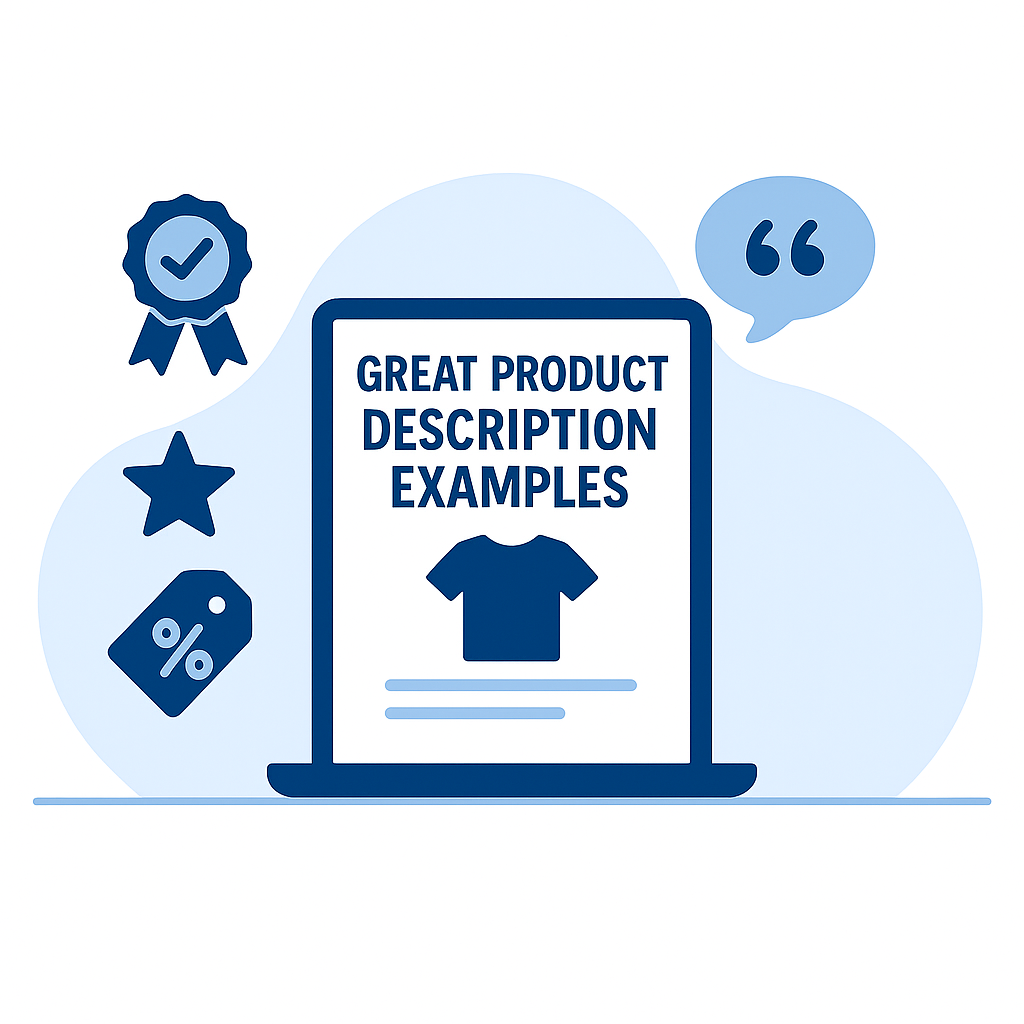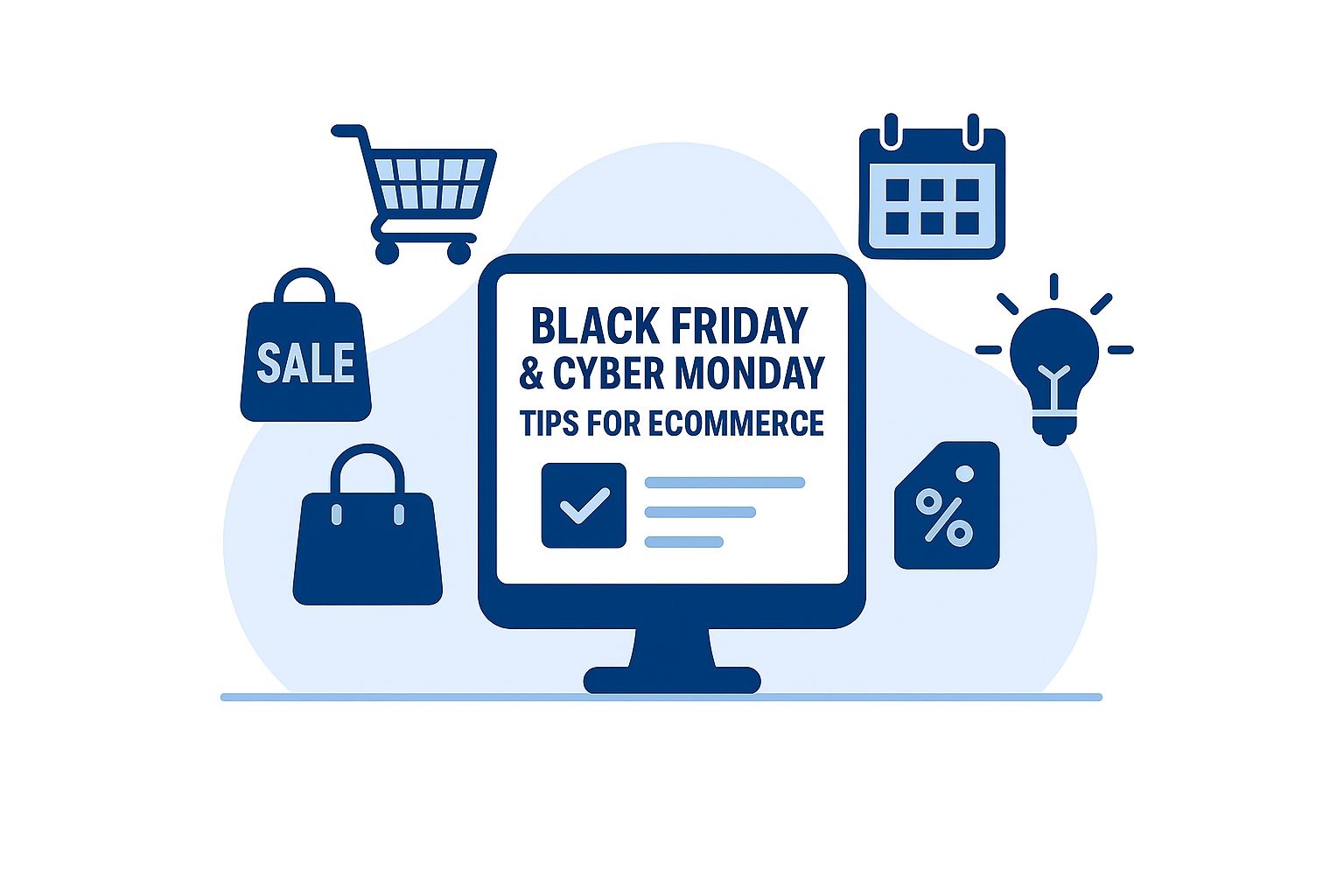Whenever you think Artificial Intelligence (AI) is just a buzzword in business, just think of the ecommerce industry.
AI has a transformative impact on the way online stores work. It involves Machine Learning (ML) algorithms, predictive analytics, and Natural Language Processing (NLP) to enhance both the internal and customer-facing aspects of online retail.
Data from Statista reveal that AI in ecommerce is expected to grow from $4.84 billion in 2021 to $31.18 billion in 2028.
One of the key drivers of this growth is evolving customer expectations, which galvanizes the competition to explore automated solutions that enhance the online shopping experience.
Jumping on the AI train is also easier and more accessible now to a wider range of companies. With modern tools and big data, even ecommerce startups can afford AI solutions that can change their business from day one.
Some examples are:
- Personalized marketing
- Chatbots
- Fraud detection
- Inventory management
- Visual search
Got your attention?
Let's take a closer look at how AI can impact your ecommerce business:
Personalized Customer Experiences
There are several ways ecommerce businesses can deliver AI-driven customer experiences. For example, it can help you launch targeted ads, content, or product recommendations to customers based on behavior signals — like previous purchases and website activity.
One of the most popular implementations of AI to provide personalized customer experiences is Netflix's recommendation system.
By tracking watch patterns and preferences, Netflix can intelligently recommend new shows or movies that are more likely to keep users engaged. These recommendations come in different types, like "Today's Top Picks for You," "Because You Watched," and "Your Next Watch."

Another use case for AI in ecommerce would be dynamic pricing, which allows stores like Amazon to consistently be in a favorable position pricing-wise in the eyes of consumers.
By tracking factors like seasonality, stock levels, and demand, Amazon is able to offer the best deals without requiring humans to do the research and manually adjust pricing strategies.
Lastly, ecommerce businesses can use tools like Mailmodo to supercharge their email marketing campaigns with less effort. These tools leverage AI to automate user segmentation, include dynamic product recommendations, or even generate emails tailored to each customer.
Done right, personalized marketing comes with a host of benefits for ecommerce businesses. And with AI, you can take advantage of the same benefits without putting in tremendous manual effort.
- Reduce customer churn
- Increase conversion rate
- Reduce customer acquisition cost
- Build customer loyalty
Chatbots and Virtual Assistants
When talking about AI in ecommerce or websites in general, most people automatically think about chatbots and virtual assistants they're all too familiar with.
To put things in perspective, imagine having a customer support agent available to every customer — 24 hours a day, seven days a week. This agent can provide instant answers to Frequently Asked Questions (FAQs), won't make human mistakes, and doesn't require a full-time wage.
In ecommerce, you can extend the functionality of chatbots for a handful of different processes. Some examples are sharing links to relevant resources, providing pricing information, and sending product recommendations. Or, focus on a practical use case, like providing direct answers to basic questions.
The North Face, for example, uses a chatbot to assist customers throughout their online shopping experience.

In terms of benefits, a well-optimized chatbot can have the same positive impact on conversions and customer retention as personalized marketing.
More importantly, chatbots can significantly reduce your operational costs by replacing human agents — or offloading basic, low-level cases to automation while humans focus on more complex tasks.
Transforming Inventory Management and Sales Forecasting
Not a lot of ecommerce business owners know this, but AI also has game-changing applications.
AI can accelerate your decision-making process by running through the calculations, underlining key insights, and, in some cases, calling the shots for you.
For instance, you can use AI to build predictive models for sales forecasting and inventory management. This will help you avoid stockouts, optimize storage costs, and stay well-stocked prior to predicted demand spikes.
Walmart does an excellent job of leveraging AI for inventory management. In addition to maintaining optimal inventory levels, the company also uses AI to:
- Optimize route planning for delivery trucks — Calculate the most efficient multi-stop routes based on store delivery windows, time, and location.
- Ensure timely store deliveries — Factor in weather, traffic, and other variables that can affect delivery times.
- Strategically plan for backhauls — Automatically plan inventory pickups for return trips to maximize fuel efficiency.
Another example would be Amazon using AI to streamline their supply chain and automate stock replenishment.
In a nutshell, Amazon's AI tracks current inventory levels, historical data, and forecasts to help restock products ahead of sales surges. This ensures faster deliveries to customers even during retail holidays like Cyber Mondays and Black Fridays.
Overall, incorporating AI into inventory management yields the following benefits:
- Reduce storage costs
- Improve fulfillment rates and profits
- Increase customer satisfaction
Visual Search and AI-Driven Product Discovery
In recent years, AI has gotten significantly better at working with visual assets — be it generating images, identifying what they are, or searching for similar items.
For online shoppers, this is a huge deal.
Picture this: you're casually scrolling through X and suddenly come across an image of a product you've been looking for. Rather than asking the original poster and waiting for their response, you can simply do a visual search to instantly find online stores that sell them.
Visual search tools like Google Lens use AI to dig up more information about an image (or just a part of an image). If you're scanning a product, the search results will likely include online stores that have them in stock.

Another popular example would be the "Style Match" feature in the ASOS mobile app.
Users simply upload or snap a new photo, run the search, and the app will pull up products that closely (if not exactly) resemble what's in the image. This, in turn, makes product discovery easier, capitalizes on impulse shopping behavior, and delivers a more memorable user experience.
It may sound like a tall order, but rolling out a visual search tool for your online store isn't as hard as it sounds. This is especially true if you consider using plug-and-play apps like Smart Visual Search for Shopify.

Developing your own visual search tool, however, is a far more challenging task.
It gives you the opportunity to offer something better that is tailored to your ideal customers. You'll need enormous amounts of image data to train and fine-tune your image recognition AI, but many LLMs can be leveraged as a starting point (the OpenAI API, for example).
AI Success Stories in Ecommerce
At this point, we already covered a bunch of examples of ecommerce brands utilizing AI to achieve positive results.
Before we wrap things up, let's look at one more example of an ecommerce brand utilizing AI to hit or even exceed its ecommerce goals.
Cabaia Reduces Support Ticket Costs by 74% with Yuma AI
Cabaia is an ecommerce brand specializing in leather products. Despite their high number of sales, the company was bleeding money from their after-sales service arm — relying solely on human agents to take on over 100,000 support tickets.

In January 2024, the company began to use Yuma AI to absorb the vast majority of tickets, which usually involved low-level concerns, including order cancellations, newsletter subscription changes, and delivery address changes. This enabled their live agent team to focus more on complex cases while the rest of the after-sales experience was automated 24/7.
As a result, the company was able to bring down their cost per ticket from €3.75 to €1.00.
Read the rest of the study here.
How Nostra AI Helps Improve Ecommerce for Forward-Thinking Brands
Here's one thing to remember before you deploy your AI solution: keep track of your page performance.
Keep in mind that implementing advanced features into your ecommerce store requires resources. You'll need to inject new code, import visual assets, and take into consideration how your AI-powered feature impacts the loading of other essential resources.
Nostra AI is a turnkey performance optimization solution that can boost your ecommerce website's performance in less than a day.
With our Edge Delivery Engine, your website can achieve near-instantaneous loading speeds for over 95% of internet users worldwide. The smart caching technology also ensures that essential page assets are pre-rendered and ready to go whenever users need them.

Whether you're deploying a chatbot or product recommendation widgets, Nostra AI makes sure the page experience remains buttery smooth and compelling.
Conclusion
There's no question that AI is reshaping the ecommerce landscape with tools that impact efficiency and customer experiences. And if there's ever a perfect time to explore AI solutions for your ecommerce business, that time is now.
Remember that ecommerce is growing more competitive by the minute.
Early adopters will have a huge lead over those who come in late. Those who don't adapt at all, however, will likely lose their footing as AI technology becomes more accessible and effective for a wider range of businesses.
We recommend starting with implementations that impact your online store directly, be it loading speed, customer support, or inventory management.
Good luck!
.svg)

.svg)
.svg)
.svg)

.svg)







